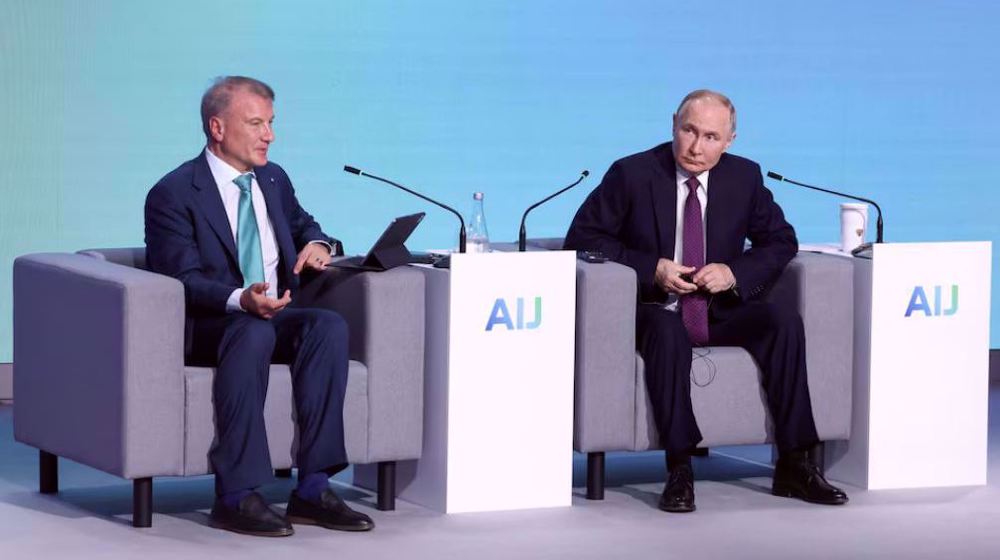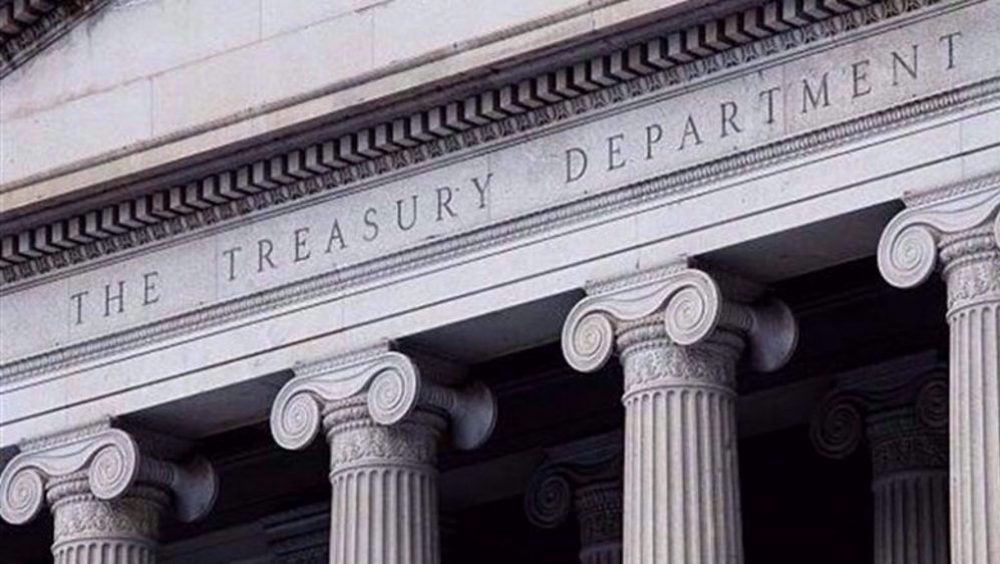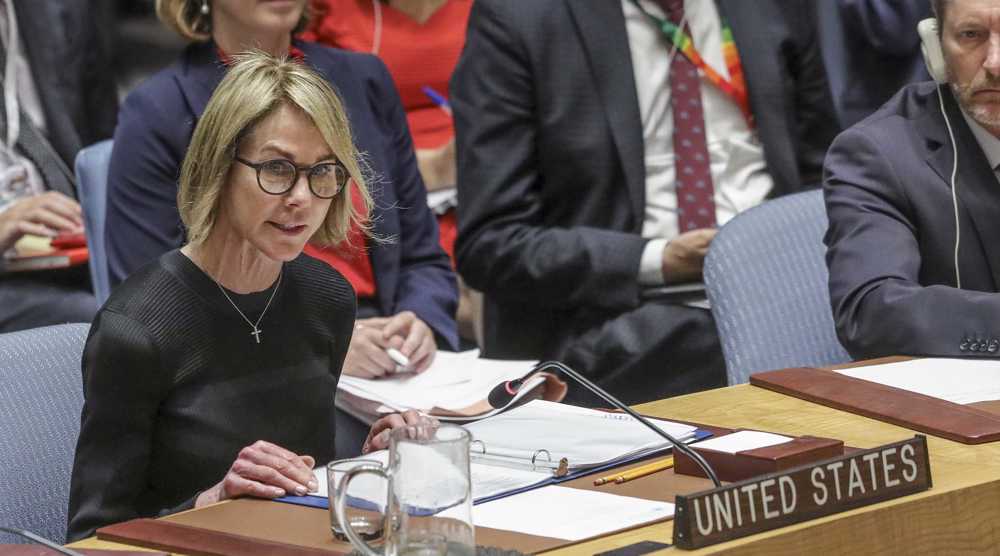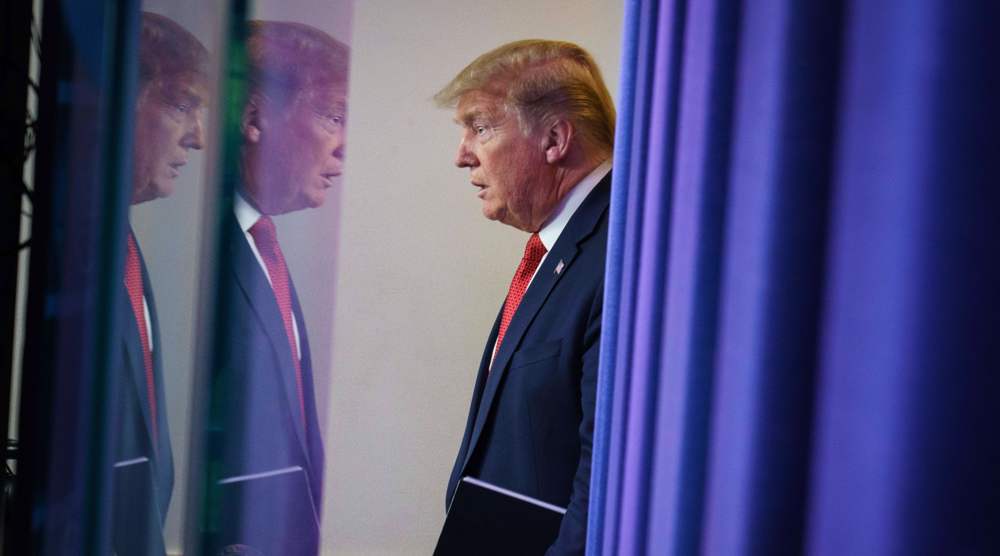Wuhan lab director says virus leak claims ‘pure fabrication’
The Wuhan Institute of Virology’s director has dismissed as “pure fabrication” US claims that the new coronavirus pandemic originated in the Chinese laboratory.
Wang Yanyi told China Global Television Network (CGTN) on Monday that the laboratory first got a sample of the deadly virus at the end of 2019 when it had already spread around the world, rejecting unsubstantiated rumors and conspiracy theories that the coronavirus may have leaked from the institute.
"This is pure fabrication. Our institute first received the clinical sample of the unknown pneumonia on December 30 last year. After we checked the pathogen within the sample, we found it contained a new coronavirus, which is now called SARS-CoV-2,” Wang said.
She further stressed that the laboratory did not have any knowledge of the coronavirus before the outbreak, adding that their team had never "encountered, researched or kept the virus."
"In fact, like everyone else, we didn't even know the virus existed," Wang said. "How could it have leaked from our lab when we never had it?"
The new virus, a respiratory disease known as COVID-19, emerged in the central Chinese city of Wuhan in Hubei Province in December last year, incrementally affecting the rest of the world.
Since the flu-like pathogen broke out in Wuhan in late December, Beijing and Washington have clashed over the virus spread and its origin, further increasing tensions between the world's two largest economies.
US President Donald Trump keeps referring to the novel coronavirus as the Chinese virus. Beijing has hit back by suggesting that the US military brought the virus to Wuhan and initiated the outbreak.
Trump has over the past weeks claimed that there is evidence Beijing created the coronavirus in a medical lab in the Chinese city. This is while the US intelligence agencies say they have seen no evidence to show the virus is “man-made.”
US Secretary of State Mike Pompeo has on several occasions accused China of not being transparent and honest about the coronavirus pandemic in the country.
China has fiercely defended its handling of the new coronavirus, repeatedly saying it “has been nothing but open, transparent and responsible” in informing the World Health Organization (WHO) and affected countries about the pandemic.
Scientific studies have already suggested that the virus originated through natural processes.
The United States and Australia have called in recent weeks for a probe into the origins of the novel coronavirus pandemic.
15,000 Rohingya under coronavirus quarantine as cases hit 29
Some 15,000 Rohingya refugees are now under coronavirus quarantine in Bangladesh's vast camps, officials say, as the number of confirmed infections rose to 29.
Health experts have long warned that the virus could race through the cramped settlements, housing almost a million Muslims who fled violence in Myanmar, and officials had restricted movement to the area in April.
Despite this, the first cases in the camps were detected in mid-May.
"None of the infections are critical. Most hardly show any symptoms. Still we have brought them in isolation centers and quarantined their families," Toha Bhuiyan, a senior health official in the surrounding Cox's Bazar area told AFP.
He said narrow roads to three districts of the camps, where the majority of the infections were detected, have been blocked off by authorities.
The 15,000 Rohingya inside these so-called blocks faced further restrictions on their movement, he said.
It comes as charity workers expressed fears over being infected in the camps as they worked without adequate protection.
Two of the areas under isolation are in Kutupalong camp, home to roughly 600,000 Rohingya.
"We are trying to scale up testing as fast as possible to make sure that we can trace out all the infected people and their contacts," Bhuiyan said.
Seven isolation centers with the capacity to treat more than 700 COVID-19 patients have been prepared, he said.
Officials hope to have just under 2,000 ready by the end of May, he added.
Mahbubur Rahman, the chief health official of Cox's Bazar, said authorities hoped this week they would double the number of tests being performed daily from 188.
He said further entry restrictions have been imposed on the camp, with a 14 day quarantine in place for anyone visiting from Dhaka.
"We are very worried because the Rohingya camps are very densely populated. We suspect community transmission (of the virus) has already begun," Rahman told AFP.
Palestinian government ends coronavirus lockdown
The Palestinian government is ending its two-month coronavirus lockdown in the occupied West Bank, after a steady decline in new cases.
Shops and businesses will operate as normal from Tuesday, while government employees will return to work after the Eid holiday on Wednesday, Prime Minister Mohammed Shtayyeh told a press conference on Monday.
Mosques, churches and public parks will also reopen, though with social distancing measures. Public transport will resume.
Cafes and restaurants would be reopened but subject to restrictions to be announced in the coming days, he added.
"The easing in the measures and gradual return to normal life is being taken with caution," Shtayyeh said, warning that an increase in cases could lead to restrictions being reinstated.
The West Bank-based Palestinian Authority declared a state of emergency in March to try to quell the spread of COVID-19.
The lockdown in the West Bank had been due to remain in place until June 5 but was ended early with few new cases in recent weeks.
Syria records 20 new coronavirus cases in largest single-day increase
Syria has reported 20 new cases of the novel coronavirus, the largest single-day increase to date, the Health Ministry says.
The war-torn country has recorded 106 infections and four deaths so far, and new cases have increased in recent days with the return of Syrians from abroad, the ministry said on Monday.
Syria has kept an overnight curfew in place but has begun to open some of its economy after a lockdown.
Doctors and relief groups worry that medical infrastructure ravaged by nine years of conflict would make a more serious outbreak deadly and difficult to fend off.
Health Minister Nizar Yazigi said last week that "coercive and unfair" Western sanctions were hitting medical services needed to cope with coronavirus and he called for their removal.
Hamas thanks Iran, Resistance Front following achievement of ceasefire in Gaza
'Capitulation': Israeli officials and media concede Gaza defeat as truce unfolds
'Gaza has won': Social media users react to ceasefire with mix of relief, joy
Iran seeks South Korea’s assistance for AI, fiber-optic projects
VIDEO | Iran's 'Eqtedar' (Power) maneuver
Israel hits HTS military target in Syria for 1st time since fall of Assad
VIDEO | Press TV's news headlines
Israel has slaughtered 13,000 students in Gaza, West Bank

















 This makes it easy to access the Press TV website
This makes it easy to access the Press TV website